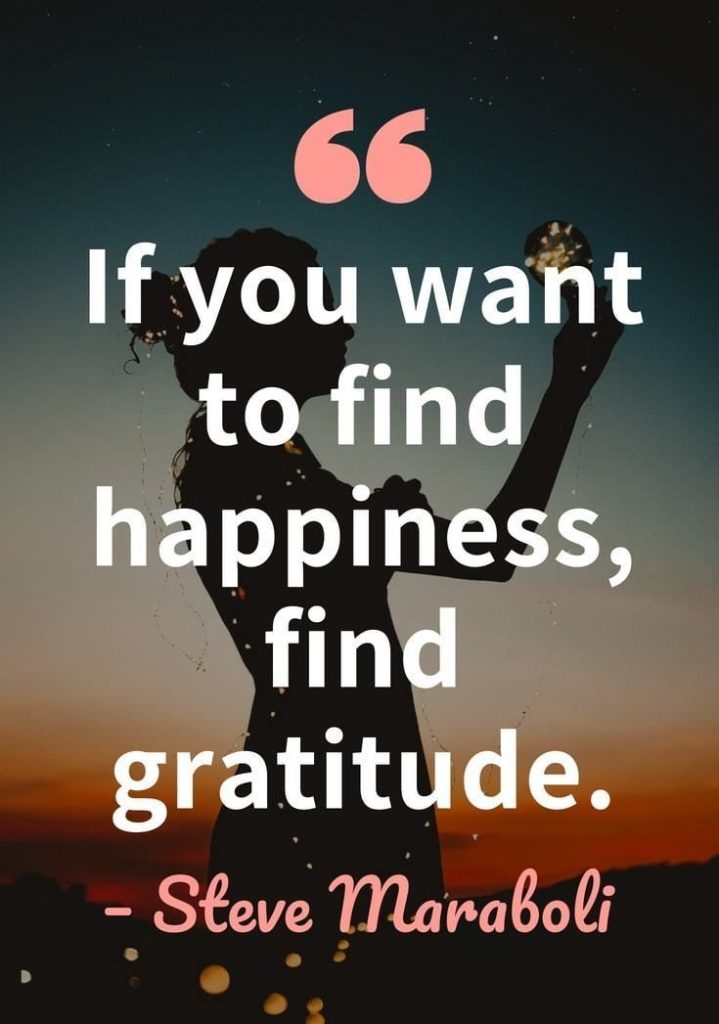As has been the case with numerous previous blogs, this is inspired by a podcast I recently listened to. In fact, it is inspired so much by the podcast episode, the whole post is pretty much a transcript / ‘lift and shift’ of the conversation. It provides some profound and important messages, hence why I’ve chosen to copy most of it within this post.
The podcast in question is ‘Feel Better, Live More’, by Dr Rangan Chatterjee. This is one of his shorter bite sized episodes. Originally published on the 9th February 2024, this features an interview with former palliative care nurse, internationally acclaimed speaker, and author of the book ‘The Top 5 Regrets of the Dying’, Bronnie Ware. Bronnie spent 8-years looking after dying people, and the five most common regrets of those people are:
1. I wish I’d lived a life true to myself, not a life that other people expected of me.
2. I wish I hadn’t worked so hard.
3. I wish I’d had the courage to express my feelings.
4. I wish I’d stayed in touch with my friends.
5. I wish I’d allowed myself to be happier.
I don’t feel there’s a need to elaborate further on all of these – sometimes, it’s beneficial to simply plant the seeds and let people think for themselves. Hopefully they’ll strike as much of a chord with you as they did with me.
Though one element which is discussed further within the episode is ‘I wish I hadn’t worked so hard.’ As a doctor, Rangan has noticed growing rates of chronic stress and burnout, with a recent UK study suggesting that 88% of UK workers had experienced some form of burnout in the past 2-years. Bronnie added that many patients had made their work their whole life, at the expense of spending time with their family and chasing their own personal dreams. The recommendation here is to not work crazy hours and instead create ‘a little bit of space’ to do the things that are truly valuable to us. Bronnie considers space to be medicine, which is an intiruging way of framing this. She also emphasises that it is important to note that this regret is not based around not loving your job – it’s about not making your job your whole life.
In the wrap-up of the episode, Rangan notes that some of these regrets suggest the need for courage. When asked just what this means to her, Bronnie states that courage means breaking through the resistance; that any fear is just resistance to what is or what could be. Courage is having the will to say, ‘I’m scared but I’m still going to do this.’ It’s the dismantling of the walls that stop us doing those things which are truly important to us.
When asked what stops us from having courage, Bronnie says it is being scared of our potential – of being as amazing as we can be. This can be fearing what other people think of us; it can be fearing failing (which is just another way of being scared of what people think of us); it can be fearing wasting time trying for something and it not landing how we think (though it’s important to acknowledge that we’re still going to grow through these scenarios and likely become a better person). Everyone makes mistakes – that’s how we learn. It’s part of the imperfection of being human. None of us are going to go through life without making mistakes, unless we don’t live a life and just stay on the couch watching TV, and don’t have a go at honouring our dreams, which would be a mistake in itself. Bronnie acknowledges that ‘living our dreams’ can sound clichéd, but it’s different for everyone. It can be as simple as living a slower life, or to be more present with our children, or to be a happier person, or to learn an instrument in old age. We’re all going to make mistakes if we try to grow and become the person we want to be, but whether a mistake turns into a regret is only really our opinion of it. That’s all it is – us beating ourselves up for years and years over mistakes we’ve made is only self-judgement. If we can have a bit of compassion for ourselves, life will be better and those mistakes won’t turn into lifelong regrets.
The key takeaway of the episode is that we’re all going to die at some point and every single day is a gift. It’s vitally important to find gratitude in whatever is going on in life – try to find some sort of gratitude right now and you’re already on the way to living a regret-free life.
Should you wish to, you can find the episode via this link.
As always, thanks for reading, take care, and please do try to find a little more self-compassion. I can instantly think of many people I know who are far too self-critical and don’t practice enough of it. It’s vitally important to change that.
Best wishes.
Mick
